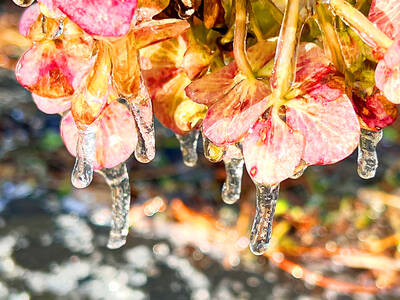Czech Senate Vice President Jiri Drahos in an interview with Taiwanese media said that he hopes to promote semiconductor cooperation during a visit to Taiwan next week.
Drahos, who visited Taiwan three times before, is slated to arrive in Taiwan on Monday for a week-long visit.
Drahos in the interview expressed his desire to gain insights and experience from Taiwan, welcoming companies like Taiwan Semiconductor Manufacturing Co (TSMC) to establish research centers in the Czech Republic.

Photo: CNA
Drahos said he planned to meet key representatives from Taiwan’s Executive Yuan and Legislative Yuan, as well as engage with universities, Academia Sinica and businesspeople.
While political meetings are a priority, he had a broader range of interests, said Drahos, who trained as a scientist.
Leading a delegation of about 20 members, including representatives from top Czech universities and academies, Drahos would be accompanied by Czech Deputy Minister of Science, Research and Innovation Jana Havlikova.
The delegation is expected to discuss semiconductor cooperation details with institutions like the Taiwan Semiconductor Research Institute and the National Applied Research Laboratories (NARLabs).
Drahos, who last visited Taiwan in 2022, would aim to improve advance chip collaboration, highlight Czech plans to develop chip design and supply chain resilience centers and foster talent.
With TSMC setting up a plant in Dresden, Germany, Drahos said he viewed Prague — which is a two-hour drive away from Dresden with direct flights to and from Taiwan — as an “ideal hub” for Taiwanese semiconductor activities.
He said the region between Prague and Dresden, named Usti nad Labem, has a great potential as a semiconductor supply chain site.
In addition, Prague’s Charles University, in collaboration with Taipei’s National Chengchi University (NCCU), established a supply chain resilience center in November last year, while Brno, the second-largest city in the Czech Republic, would also host a chip research and design center, Drahos said.
Drahos and his delegation would discuss cooperation details with experts from NCCU and NARLabs during the visit.

The Taipei City Government yesterday said contractors organizing its New Year’s Eve celebrations would be held responsible after a jumbo screen played a Beijing-ran television channel near the event’s end. An image showing China Central Television (CCTV) Channel 3 being displayed was posted on the social media platform Threads, sparking an outcry on the Internet over Beijing’s alleged political infiltration of the municipal government. A Taipei Department of Information and Tourism spokesman said event workers had made a “grave mistake” and that the Television Broadcasts Satellite (TVBS) group had the contract to operate the screens. The city would apply contractual penalties on TVBS

The lowest temperature in a low-lying area recorded early yesterday morning was in Miaoli County’s Gongguan Township (公館), at 6.8°C, due to a strong cold air mass and the effect of radiative cooling, the Central Weather Administration (CWA) said. In other areas, Chiayi’s East District (東區) recorded a low of 8.2°C and Yunlin County’s Huwei Township (虎尾) recorded 8.5°C, CWA data showed. The cold air mass was at its strongest from Saturday night to the early hours of yesterday. It brought temperatures down to 9°C to 11°C in areas across the nation and the outlying Kinmen and Lienchiang (Matsu) counties,

A new board game set against the backdrop of armed conflict around Taiwan is to be released next month, amid renewed threats from Beijing, inviting players to participate in an imaginary Chinese invasion 20 years from now. China has ramped up military activity close to Taiwan in the past few years, including massing naval forces around the nation. The game, titled 2045, tasks players with navigating the troubles of war using colorful action cards and role-playing as characters involved in operations 10 days before a fictional Chinese invasion of Taiwan. That includes members of the armed forces, Chinese sleeper agents and pro-China politicians

STAY VIGILANT: When experiencing symptoms of carbon monoxide poisoning, such as dizziness or fatigue, near a water heater, open windows and doors to ventilate the area Rooftop flue water heaters should only be installed outdoors or in properly ventilated areas to prevent toxic gas from building up, the Yilan County Fire Department said, after a man in Taipei died of carbon monoxide poisoning on Monday last week. The 39-year-old man, surnamed Chen (陳), an assistant professor at Providence University in Taichung, was at his Taipei home for the holidays when the incident occurred, news reports said. He was taking a shower in the bathroom of a rooftop addition when carbon monoxide — a poisonous byproduct of combustion — leaked from a water heater installed in a poorly ventilated